The Well-Rounded Scientist: How Hobbies
Shape a Healthier Professional Life
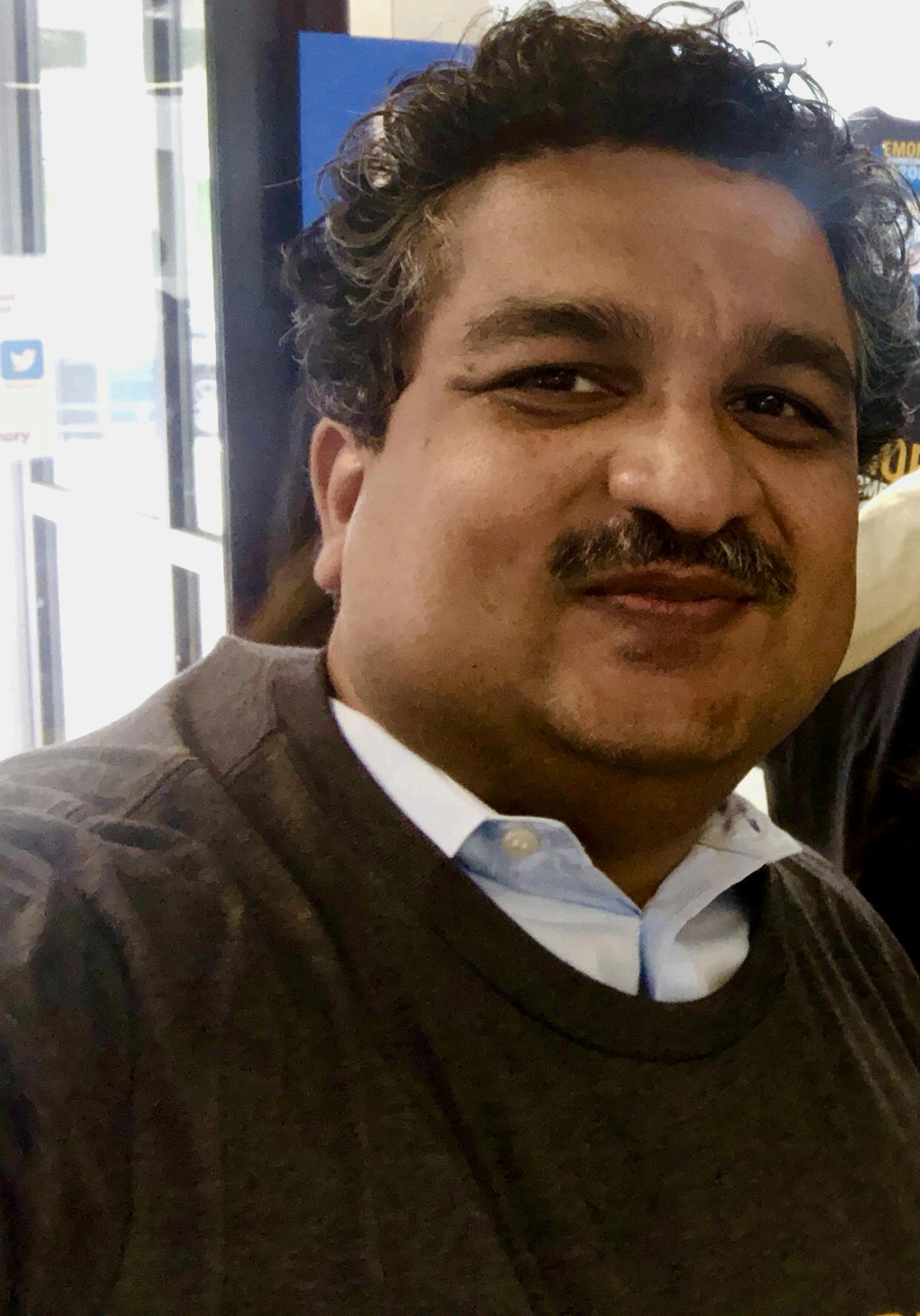
Isam Vaid believes that the work of a health scientist is complex, demanding, and often emotionally taxing. It requires critical thinking, long hours, and a deep commitment to improving public health But behind every professional is a human being with personal interests, goals, and emotional needs. Engaging in hobbies outside of research and clinical work isn’t a distraction; it’s essential A well-rounded life creates space for creativity, renewal, and personal growth, all of which can enhance a health scientist’s effectiveness in the field
Many health scientists turn to physical hobbies to counterbalance the sedentary nature of lab or desk work. Whether it’s running, swimming, cycling, or yoga, physical activity helps restore energy and sharpen focus Regular movement helps reduce stress hormones and increase mental clarity, thereby enhancing scientists' resilience in high-pressure environments. Activities like hiking or trail running also foster a deeper connection to nature, which not only benefits mental health but can reignite a sense of wonder about biology and life systems
Intellectual hobbies outside the scientist’s core field can also be deeply fulfilling Reading novels, exploring philosophy, or studying history broadens one’s understanding of the human condition. These interests nurture empathy, improve communication, and fuel curiosity traits that support ethical research and patient-centered care Literary fiction, in particular, offers a window into the thoughts and experiences of others, helping scientists relate better to colleagues, study participants, or patients from diverse backgrounds.
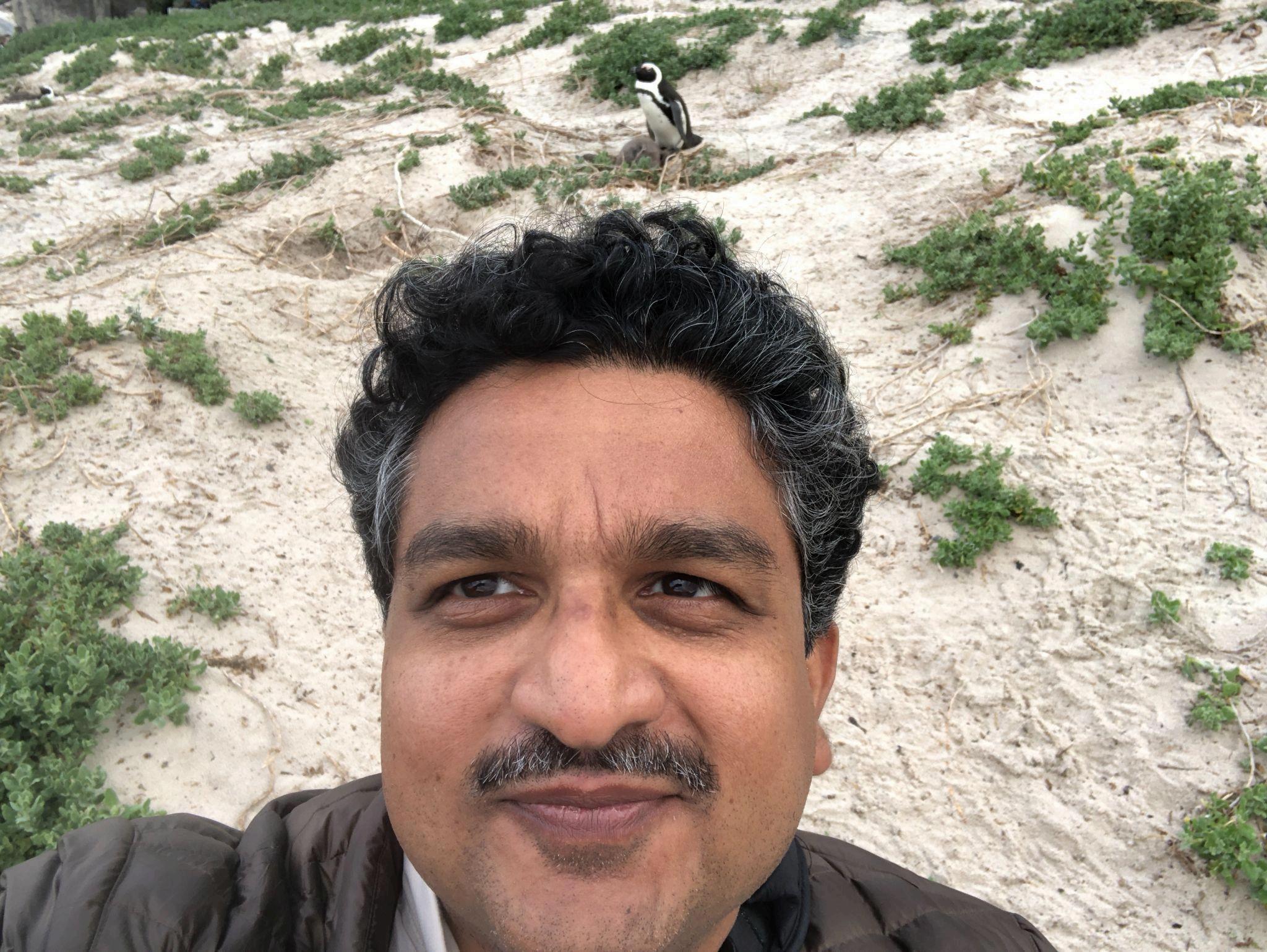
Creative expression offers a powerful outlet for emotions and thoughts Music, painting, writing, photography, and dance offer scientists a unique opportunity to explore identity and emotion in ways that data and metrics cannot For instance, a health scientist who plays the piano may develop improved pattern recognition and dexterity, while someone who paints may sharpen their attention to visual detail and composition. These forms of creativity often mirror the skills
used in scientific observation and problem-solving, offering a fresh lens through which to view their work.
Gardening is another enriching activity that resonates with those in health-related disciplines. It teaches patience, care, and attentiveness, qualities necessary in both growing plants and conducting research For many, gardening also provides a sense of peace and purpose Watching seeds sprout and thrive offers tangible reminders of growth, healing, and the beauty of life cycles Additionally, cultivating herbs and vegetables often reinforces principles of nutrition and sustainability, aligning naturally with the values of health science
Cooking can be both a creative and practical hobby for health professionals It merges scientific understanding with daily life, especially for those interested in biochemistry, nutrition, or metabolic health. Experimenting with new recipes or cuisines can promote cultural appreciation and also be a meditative and joyful experience Cooking also sharpens planning and time management skills while reinforcing the importance of balanced, healthy living.
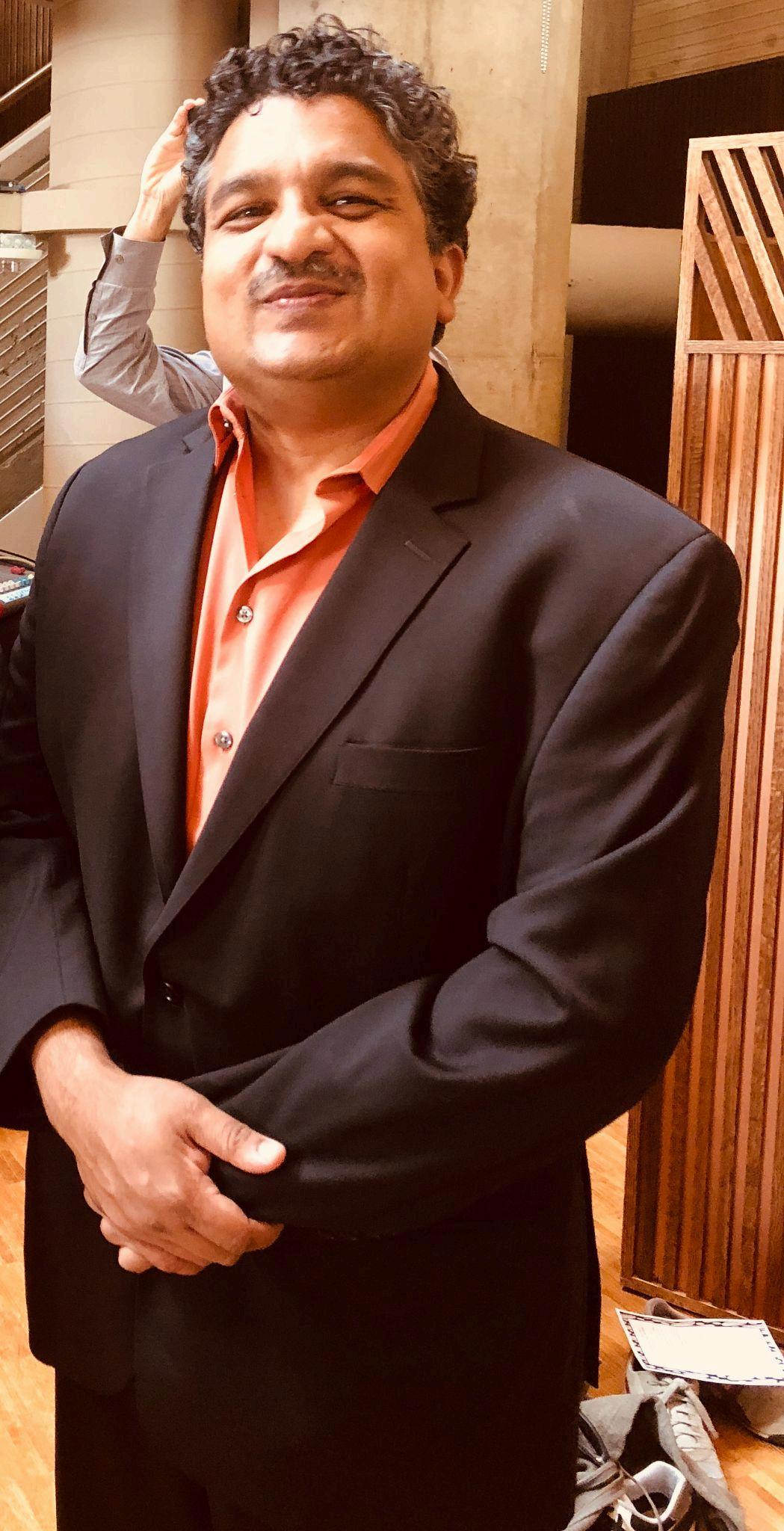
Language learning is a mentally stimulating hobby that complements a global approach to health and wellness. Many health scientists work with diverse populations or participate in international research collaborations Learning a new language enhances cognitive flexibility and communication, while also deepening cultural sensitivity. Understanding how different cultures conceptualize health and illness can directly inform more effective public health messaging and patient care
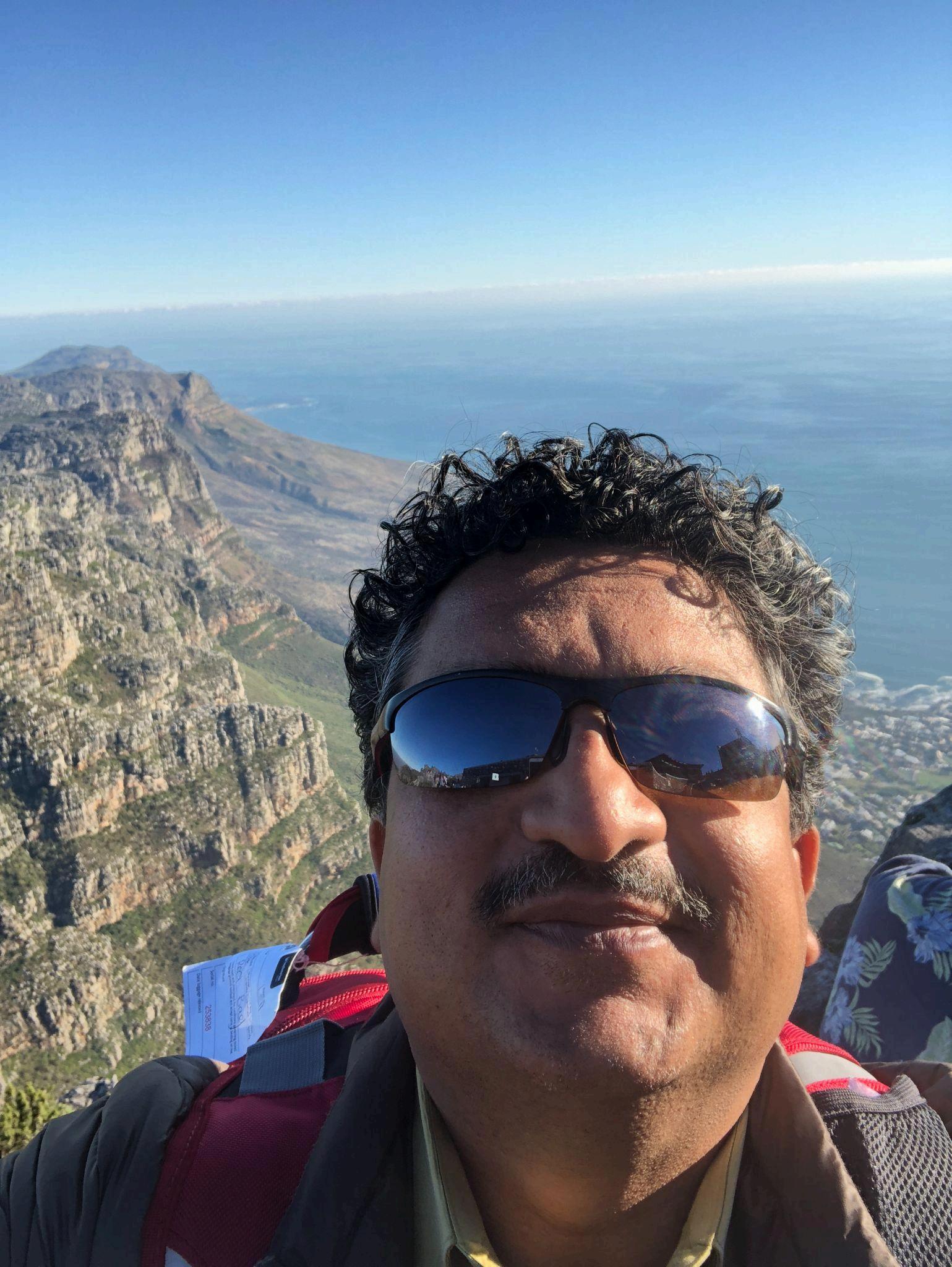
Mindfulness practices such as meditation, journaling, or tai chi help maintain emotional balance These quiet activities reduce anxiety, support emotional regulation, and enhance decision-making. For scientists facing complex ethical dilemmas or emotionally charged research topics, mindfulness can be a valuable tool for grounding and clarity Even five minutes
of stillness a day can have a profound effect on one’s ability to remain calm and focused in challenging circumstances.
Volunteering, especially in non-scientific settings, gives health scientists a broader sense of impact and social connection. Teaching, mentoring, or volunteering at local events connects them to real-world needs and keeps their mission grounded in the community It also reinforces the core reason many choose this path: to help others live healthier lives.
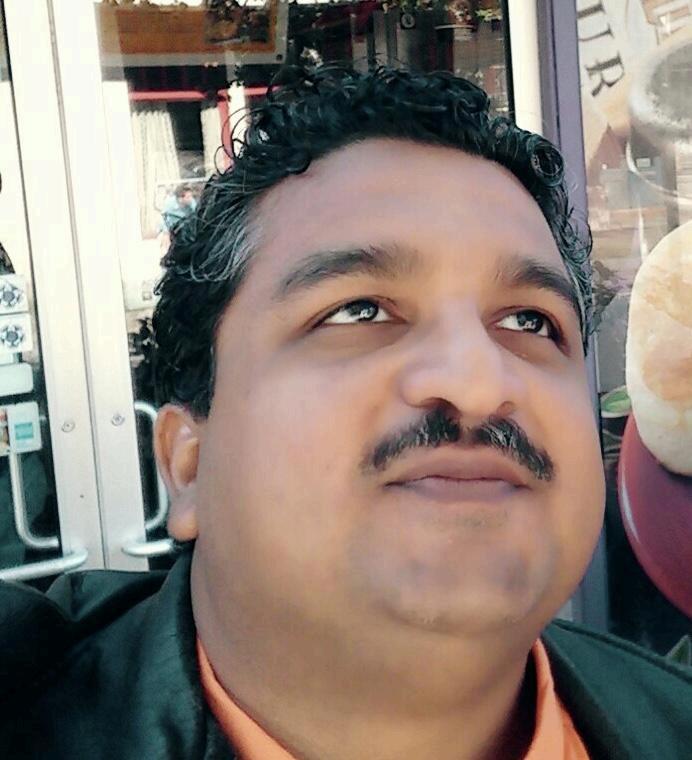
Ultimately, a scientist’s passion for discovery doesn’t end at the lab door. Personal interests fuel that passion and make the journey sustainable When a health scientist invests in hobbies that nurture body, mind, and spirit, they bring a more profound sense of balance, creativity, and humanity to everything they do. In embracing a fuller life, they become not only better scientists but also more grounded and compassionate people
